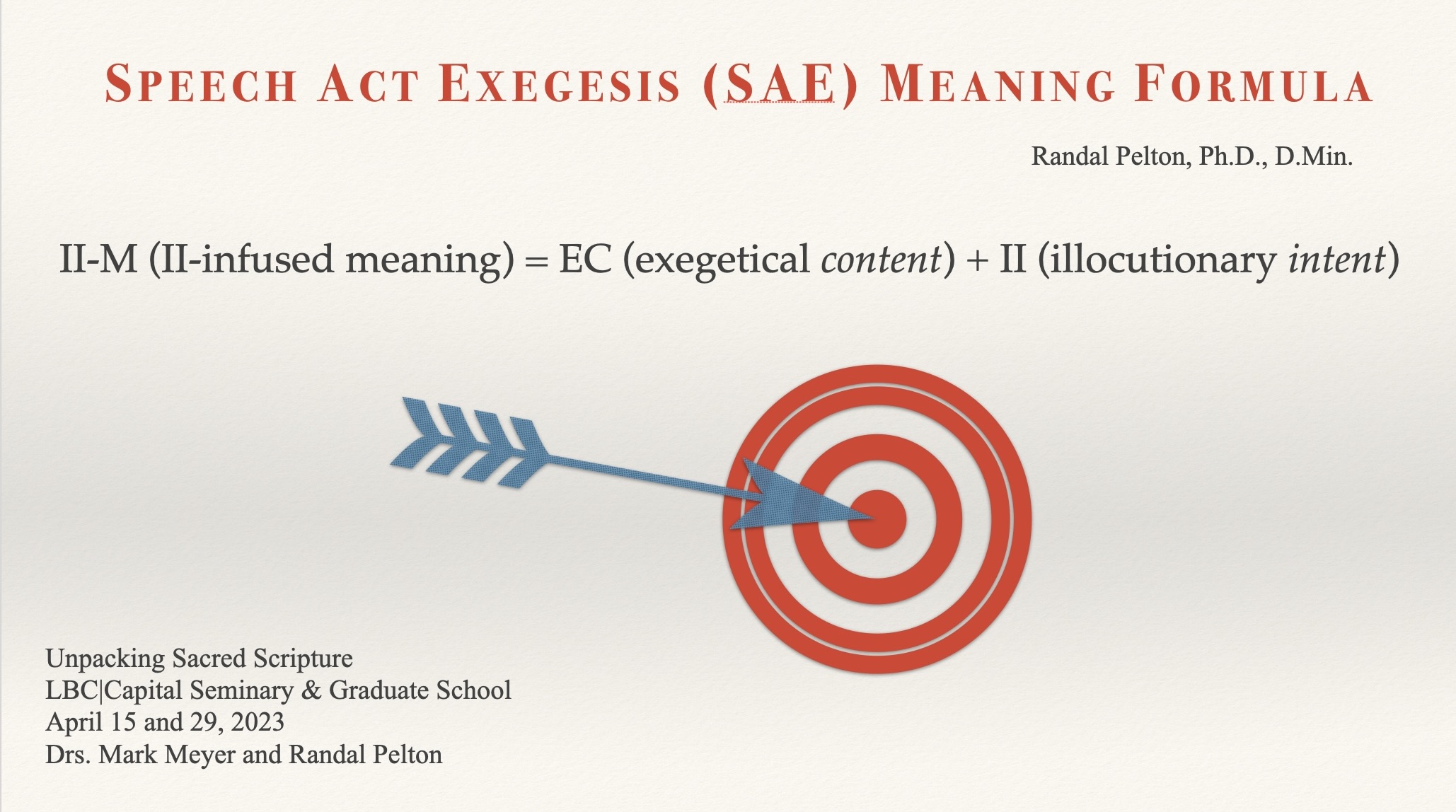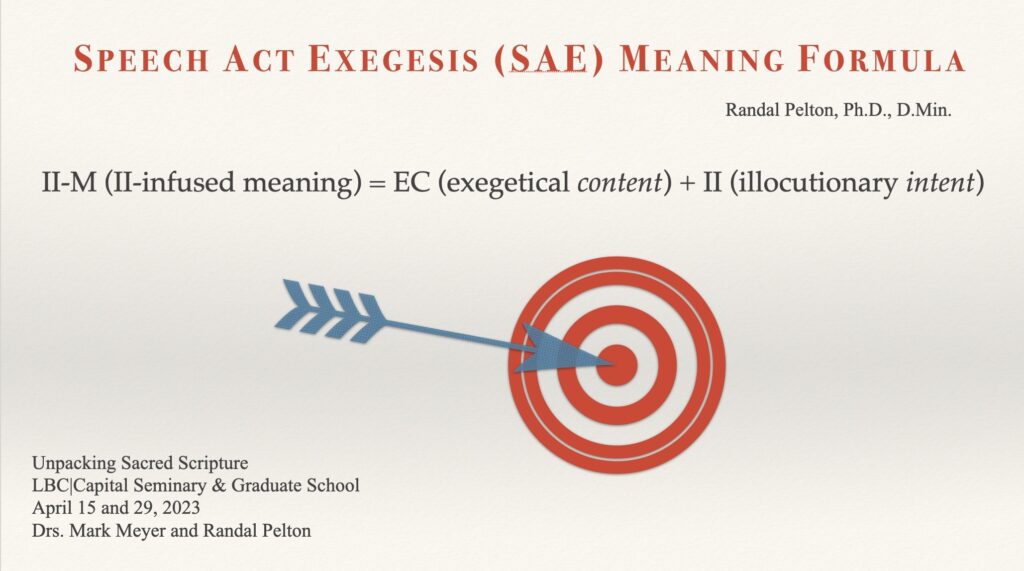Three Judges for American Idol, plus Jelly Roll
Almost every year I learn something about effective preaching from judges’ comments on American Idol.
I know; you’re shocked by that. I get it.
But for years I’ve paid close attention to their feedback to these young singing artists. This year is no different. I’m writing this as Michele and I get ready to watch the current episode (they’re down to the top six and I’m rooting for country singer, John Roberts).
A few weeks ago, here’s what legend, Lionel Ritchie, said to my favorite:
“You were so comfortable that it made it believable for us.”
Preaching works like that too. To the degree that you and I are comfortable as a result of trusting the Lord while preaching, there is a level of believability that helps our congregants respond to God.
And then, that same evening, guest mentor and legend, James Taylor, said to the young lady singing the song, Take a Little Piece of My Heart,
“Read the lyrics out loud without the music to get into the story.”
Another gem for preachers. She was singing but she wasn’t believable. She needed to “get into the story.” Again, we help our listeners when we are able to relate well to God’s Word. They sense it and it helps them in some way to believe it too.
By the way, I never remember a year on American Idol where so much attention was given to Christian music. One whole evening was devoted to songs of faith. And Jelly Roll is a guest musician showing up each night and demonstrating incredible heart for these performers.
Thanks for reading a lighter-than-usual post!
May our Lord receive glory in the church and in Christ Jesus (Ephesians 3:21) as we continue to strive for excellence in the delivery of God’s Word each Sunday.
Randal
P.S. Vote for John Roberts!












